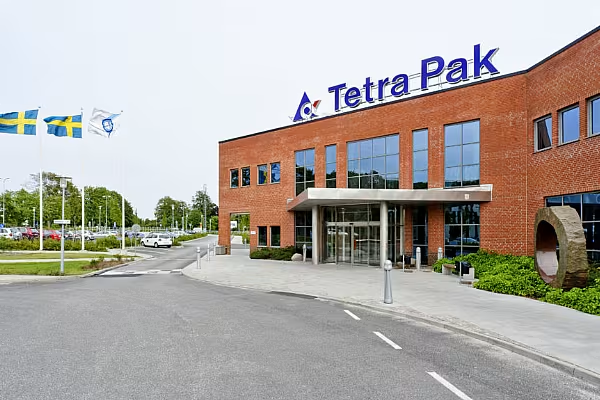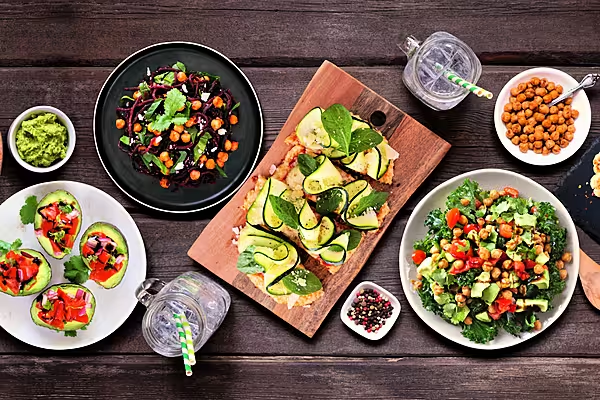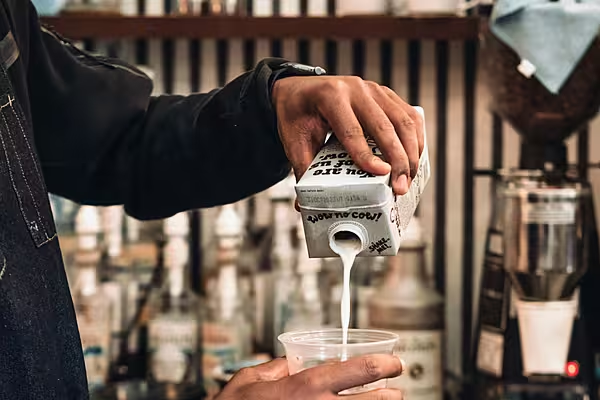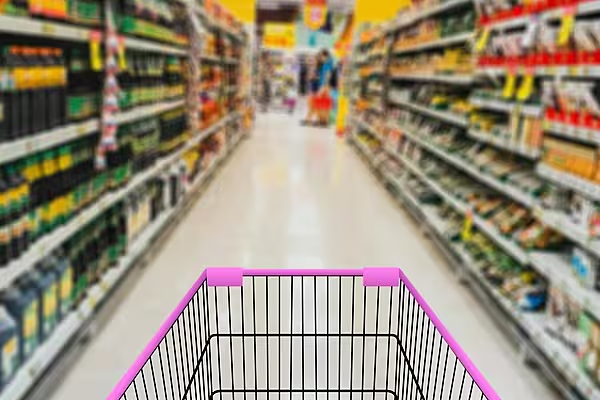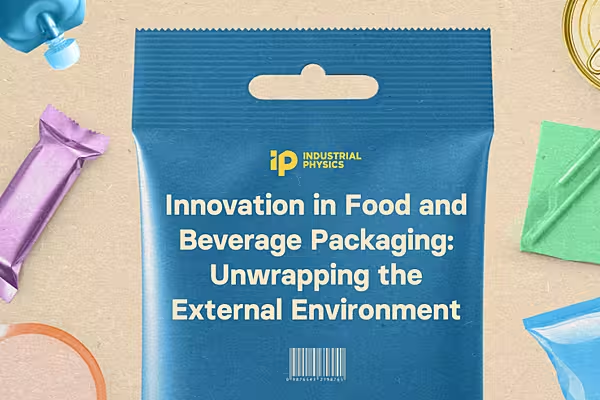Francis West, social sustainability director at Tetra Pak, delves into the question of whether a business can genuinely be considered sustainable if it doesn't prioritise social and personal well-being.
Corporate sustainability immediately inspires thoughts of the way companies manage their impacts on our planet, its climate and environment. However, there is growing recognition that true sustainability must include a central focus on people. The European Commission’s directive on corporate sustainability due diligence, for example, would require companies not just to prevent and address environmental impacts, but their impacts on human rights as well.
The reality is that the brunt of environmental impacts – and the crucial response to these – are often felt disproportionately by marginalised people. The physical effects of climate change, such as rising temperatures and extreme weather events, are affecting people’s health and livelihoods in global value chains already, while the rapid shift away from carbon-intensive practices is putting many workers’ jobs at risk.
Some businesses already recognise the interlinkages between these environmental and social challenges, with PepsiCo notably adding climate change as a key human rights issue in its 2022 Human Rights Report, whilst Nestlé’s Human Rights Roadmap is framed as “supporting a just transition toward a regenerative food system.”
But for businesses to play a meaningful role in a sustainable future, it is clear that many more must apply the same strategic focus of environmental sustainability efforts to the human elements of the value chain.
Focusing On Vulnerability
Recognising where workers and communities across the value chain are most vulnerable is a complex undertaking. But as the most acute impacts on people are often deeply embedded in the extended value chain and intertwine with systemic social-economic and cultural challenges, prioritising our efforts where impacts are most severe is fundamental to achieving any lasting change.
Among the most marginalised people in global food value chains, for instance, are autonomous waste pickers, who play a vital role in collecting and recycling carton packages in countries that lack formal collection infrastructure. They often face challenges such as low incomes or a lack of identification documents, that obstructs access to social security and healthcare.
At Tetra Pak, we’re putting these people who are most vulnerable but who are seldom heard, at the centre of our due diligence process. We are doing so by establishing processes to listen to them and understand their perspectives.
This approach has allowed us to map specific vulnerabilities and create tailored action plans to improve conditions for workers. These include ensuring the right enabling environment is in place to allow waste-pickers to thrive, as well as more targeted initiatives. For example, in Brazil, Pimp My Carroca and Tetra Pak worked together on 'Coletando com Cidadania', an initiative helping homeless waste pickers obtain IDs, access government benefit programmes and register in the health system.
Collaborating For Change
No company can affect systemic, long-lasting change alone. Collaboration between businesses and civil society, alongside an authentic understanding of stakeholders’ perspectives themselves is key to effective action. For instance, Coca-Cola, Nestlé, PepsiCo, Unilever and Tetra Pak are among the members of the Fair Circularity initiative, which seeks to improve working and living conditions for informal waste collectors.
Another example of collective action from the food sector is the Better Strawberries Group (BSG), which unites the UK’s major supermarkets and berry importers, with producers and local NGOs to drive positive change in working conditions for Morocco’s strawberry pickers. Since the end of the project, which reported positive change, Oxfam has implemented learnings from the project to engage on wider workers’ rights in Morocco.
A Common Framework And Clear Standards
As with environmental sustainability, transparency, rigorous assessment and prioritisation are essential. However, the basis of this prioritisation is especially important – which means adhering to internationally-recognised standards. The UN Guiding Principles on Business and Human Rights (UNGPs) is a foundational framework for understanding a business’ responsibility in relation to people, laying down the basis for meaningful engagement.
Collective action is again key to ensuring that these standards are applied across an industry sector and towards new challenges, including the ‘Just Transition’ to a net zero economy. As such, it is heartening to see industry bodies such as AIM Progress steer its member companies – via research and guidance - to put human rights and the UN Guiding Principles at the heart of their work on transforming food systems.
While there is a growing activity in this space, measuring the impact of action to respect people’s human rights is typically more challenging than for environmental practices. This is due to the complexity and highly localised nature of value chains; the difficulty in specifying desirable practices and behaviours from companies in the value chain; and the fact that the outcomes that many companies are seeking to achieve are for people many tiers down the value chain.
Implementing a clear ‘theory of change’ for your actions on social sustainability and developing outcome-orientated KPIs is increasingly important – not only to demonstrate the effectiveness of companies’ efforts, but also to meet reporting and due diligence requirements most prominent in the European Union.
Looking Ahead
Businesses must act now to recognise the breadth of challenges and take responsibility for the social impacts across their value chain. If not, there is a clear risk that the resilience of the people on whom global value chains depend (and therefore the resilience of those value chains themselves), will be undermined.
Likewise, the focus, efforts and resources of environmental sustainability actions may not have the desired long-lasting effects without factoring in consideration for people.
Companies like Tetra Pak, with critical positions in the food value chain, must play a central role in this process. That includes helping to implement international standards on human rights in the industry, influencing upstream and downstream stakeholders, bringing organisations together in collaborative action and advocating for policies promoting social progress alongside environmental improvements.
